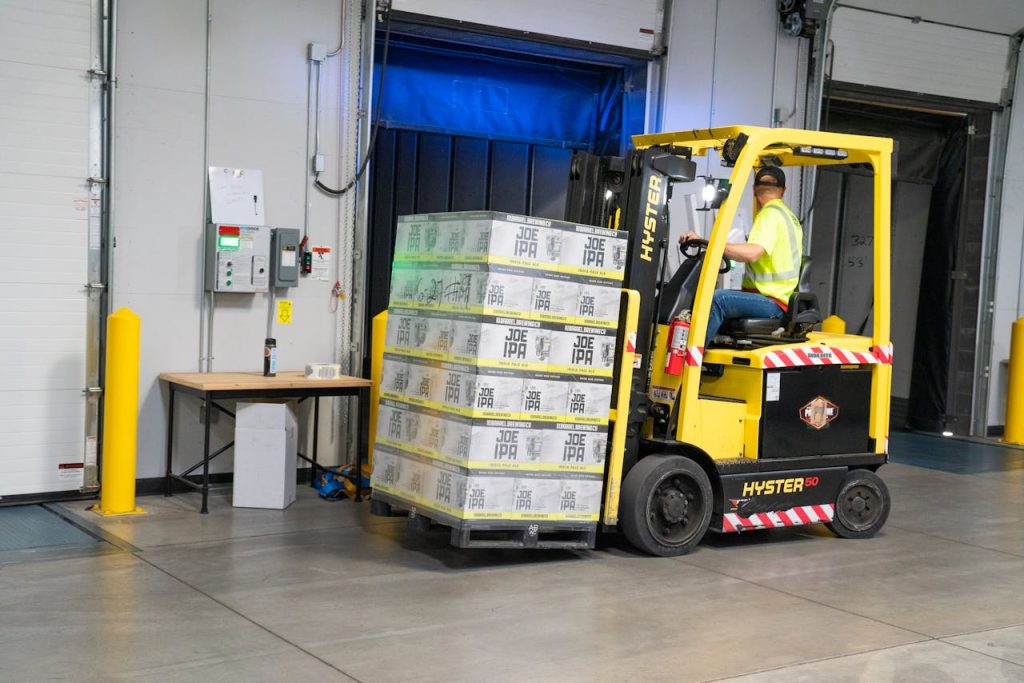
Have you ever stopped to think about how safe your workplace really is? Beyond just checking boxes for regulations, companies that take safety seriously often see benefits that go far beyond accident prevention. A safe work environment protects employees, lowers risks, and sends a powerful message to the public, customers, and future hires. When safety becomes a part of company culture, it shows care, responsibility, and professionalism. All of this adds up to a stronger and more respected brand.
In this blog, we will share how investing in workplace safety helps build and protect your company’s reputation.
Workplace Safety Builds Trust With Employees
When a company prioritizes safety, employees notice. They feel valued and respected when their well-being comes first. This trust can lead to better morale, increased job satisfaction, and stronger loyalty. Workers who feel safe are more likely to stay with the company longer and take pride in their roles. This sense of stability can make the entire workplace more productive and positive.
A strong safety record also encourages open communication. Employees are more willing to report issues or suggest improvements when they know management will take their concerns seriously. Trust grows from action, not just policies. By putting real resources into safety, companies show workers that they care about their health and lives, not just their labor.
Safety Professionals Signal Commitment to Excellence
Companies that hire skilled safety professionals send a clear message—they’re serious about doing things right. These experts understand how to identify risks and create clear, practical safety plans. They also help lead training, inspections, and reporting, which makes safety routines easier for everyone. Investing in experienced safety staff shows customers, investors, and employees that a company is committed to maintaining high standards in every area.
Many of these professionals hold advanced degrees like an industrial hygiene masters degree, which gives them deep knowledge of health hazards, environmental risks, and legal requirements. Their training allows them to build safety programs that prevent problems before they happen. When safety becomes a proactive, everyday part of company operations, it’s easier to stay compliant and avoid costly incidents. This steady attention to detail reflects well on the organization as a whole.
Customers Respect Responsible Business Practices
Customers today want more than good products—they want ethical companies. Workplace safety plays a big role in how the public views a business. If a company has a strong record of keeping workers safe, it creates a sense of trust. Customers are more likely to support brands that care about people and operate responsibly. On the other hand, news of accidents or poor safety practices can damage trust quickly.
Sharing safety achievements is a smart way to boost a brand’s image. Businesses can highlight training programs, accident-free milestones, or third-party safety awards in their marketing. These details show that the company is not cutting corners. Responsible business practices build customer loyalty and lead to stronger relationships with the community.
Investors Want Low Risk and High Integrity
Safety isn’t just about people—it’s also about money. Investors are careful about where they put their resources. A company with poor safety can face legal issues, fines, and even shutdowns. These risks make investors nervous. In contrast, businesses with strong safety records are seen as more stable and well-managed. They have lower chances of costly incidents and are better prepared to handle growth or change.
A safe work environment also reflects a well-run operation. It shows that leadership is thinking long term and paying attention to details. Investors often look at safety reports and records during evaluations. When they see strong policies and steady improvement, they feel more confident. Safety helps build a reputation of responsibility and reliability—qualities every investor values.
Good Safety Practices Help Attract Top Talent
The best employees want to work for companies that care. Job seekers often research workplace conditions before applying. If a company is known for poor safety, skilled candidates may stay away. On the other hand, a reputation for strong safety can help attract professionals who want stability and a respectful work environment. This is especially true in industries like manufacturing, construction, and healthcare where physical risks are higher.
Recruiting becomes easier when you can proudly talk about your safety culture. It shows that you take people seriously, not just profits. Applicants want to know that if they join your team, they’ll be protected and heard. This sense of care sets the company apart from competitors and makes it easier to build a strong, dedicated workforce.
Safety Culture Leads to Better Performance
When safety is part of the culture, it helps everything run more smoothly. Employees work with more focus and confidence because they’re not distracted by fear or confusion. Clear safety rules help avoid mistakes, lower injury rates, and reduce downtime. These improvements make operations more efficient, which benefits everyone from staff to customers.
A solid safety culture encourages responsibility and teamwork. People are more likely to speak up when something feels wrong, and they support each other in following procedures. These habits build a stronger, more connected team. When the workforce is engaged and alert, performance naturally improves. This steady success helps shape a company’s reputation as capable, consistent, and trustworthy.
In conclusion, creating a safe workplace is more than a checklist—it’s a choice that reflects a company’s values. Every effort to protect employees, meet high standards, and go beyond the basics helps build a stronger brand. Safety influences how workers feel, how customers respond, and how the public views the company. It even affects investor confidence and hiring success. In a world where people care deeply about ethics and trust, safety is not just a requirement—it’s a reputation builder.